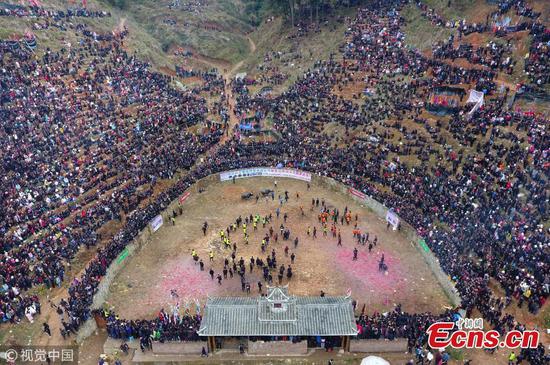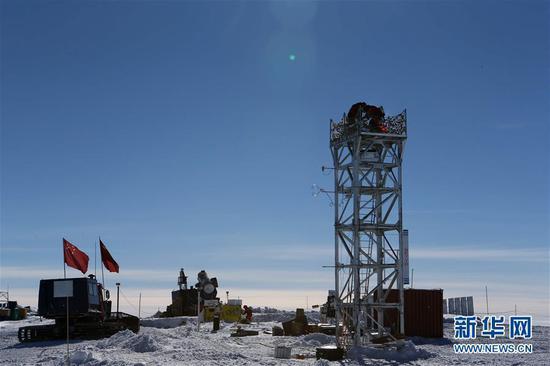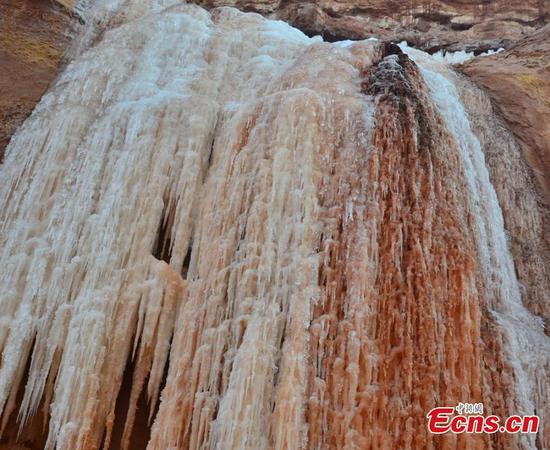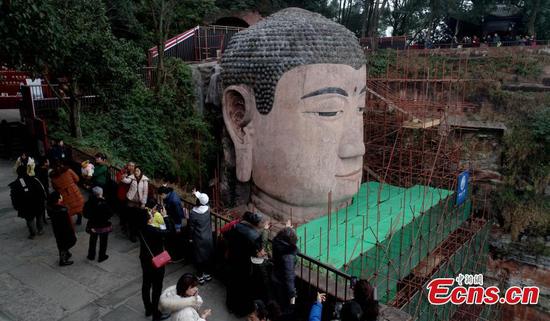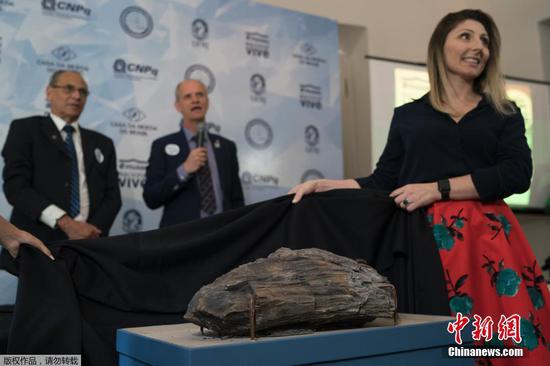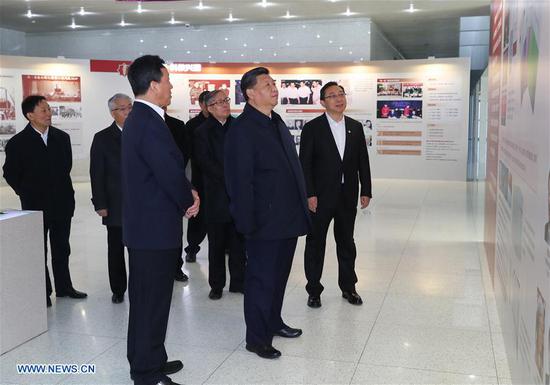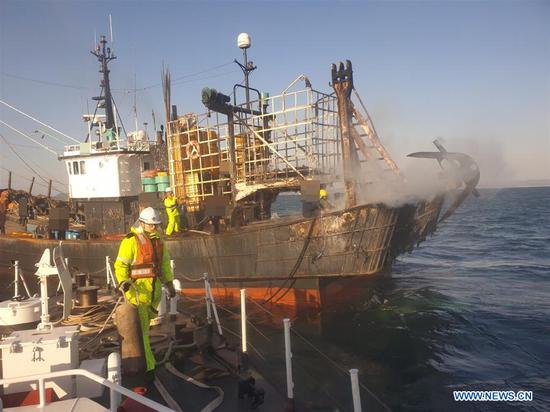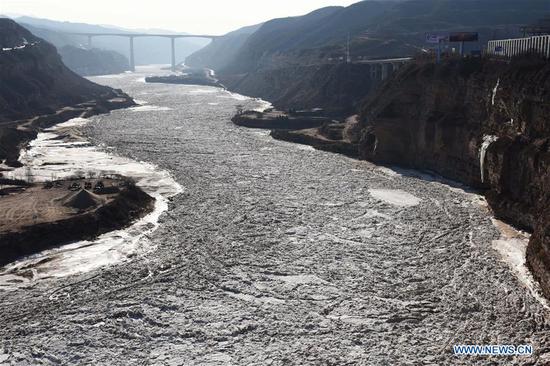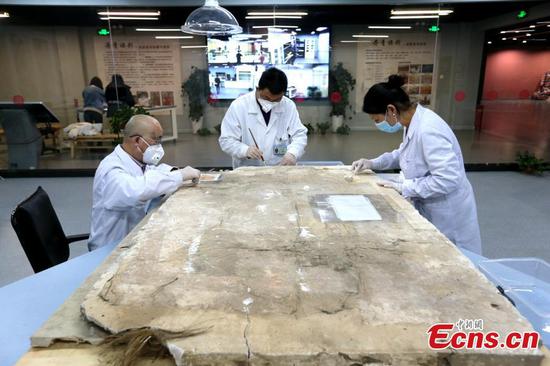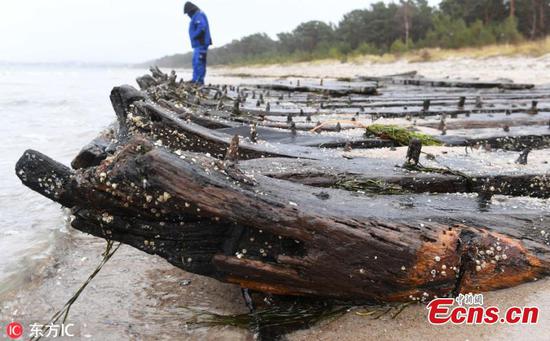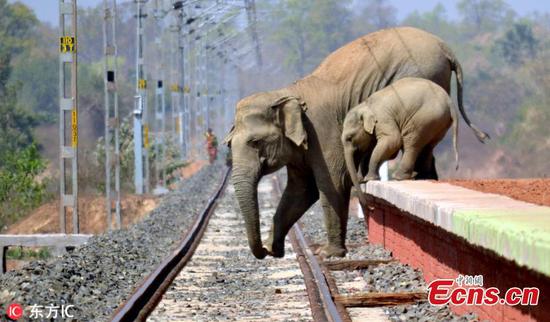
Villages like this one at Baiyangdian Lake in Hebei Province, shown in December, have contributed to lake pollution. (Photo/Xinhua)
Environmental remediation essential to success of new area, academician says
Targeted environmental standards and a smart management system will be created to clean up the Baiyangdian Lake basin - not only to restore the ecology but to boost the prosperity of Xiongan New Area - according to authorities in Hebei Province.
The full nine-chapter draft for Baiyangdian (2018-35) is yet to be released to the public. It was developed by the Chinese Academy of Sciences' Research Center for Eco-Environmental Sciences, based on a philosophy of supporting the new city with wetlands in ways that are good for both, a report from China National Radio said.
The plan follows instructions from President Xi Jinping, who has paid particular attention to the new area and to the lake and its surrounding environment. During a visit to Xiongan in February 2017, Xi said that the Baiyangdian Lake basin should be restored and protected as new construction goes forward.
Dubbed North China's "kidney", Baiyangdian covers about 360 square kilometers and embraces the largest wetland on the North China Plain.
Without Baiyangdian, Xiongan New Area will not succeed, Qu Jiuhui, an academician of the Chinese Academy of Engineering and researcher at the research center, told the radio network.
The treatment of the current pollution is one of the most urgent tasks, Zhao Yu, an associate researcher at the research center, was quoted as saying. International experience in lake basin reclamation will be sought for the lake's governance and protection, Zhao said, adding that the lake and the eight rivers that feed it will be considered a single, integrated water ecosystem.
The plan also listed a series of policies, laws and regulations that will be drafted, and described mechanisms that will be employed for both the use and protection of Baiyangdian.
Cloud platform
In addition to an intelligent environmental monitoring system, a smart management platform with a database and a cloud computing system that covers the entire basin, will also be established, said Zhao, adding the platform will be linked with another one designed for smart city management.
Currently, there are different standards for different types of water in China. For example, river water and treated water from sewage treatment plants are judged differently. The differences often hinder comprehensive basin reclamation, said Shan Baoqing, another researcher at the center, who said that to solve the problem, common environmental standards need to be created for the basin.
Shan said Hebei authorities have started drafting unified standards on polluting emissions, water environments and environmental monitoring.









